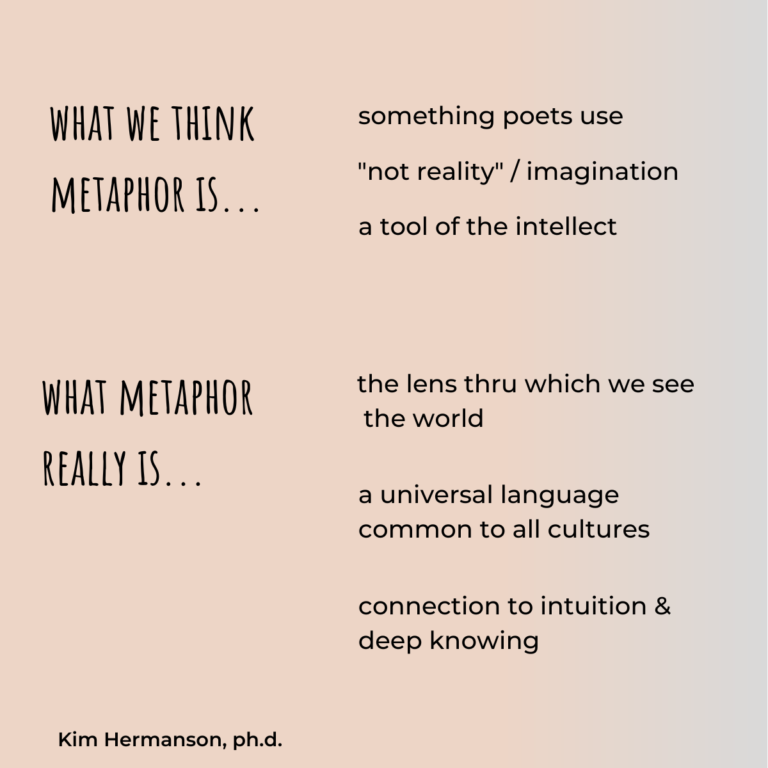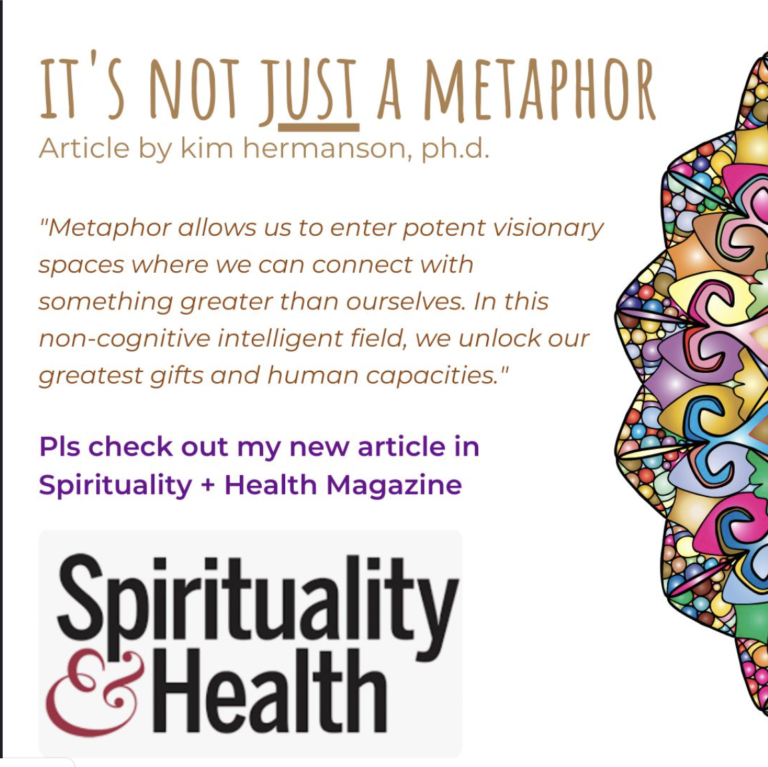The cognitive capacities of artists: Why their perspective matters
Why does an artist’s way of looking at the world have any meaning for us? Why does it give us pleasure? Because…a way of looking…
Why does an artist’s way of looking at the world have any meaning for us? Why does it give us pleasure? Because…a way of looking…

Metaphor is embodied wisdom. We commonly think of metaphor as something poets use to embellish their language, a tool of the left hemisphere. We also…

The brilliant philosopher Jacob Needleman passed away one year ago today. Needleman is the one who famously said, “We’re built to serve something greater than…

The existential psychologist Rollo May published a ton of books while he was alive. I’ve read two: My Quest for Beauty and The Courage to…

“Most of us typically associate metaphor with the flowery language that poets use or with things that are made up: ‘That’s just a metaphor.’ In…
End of content
End of content